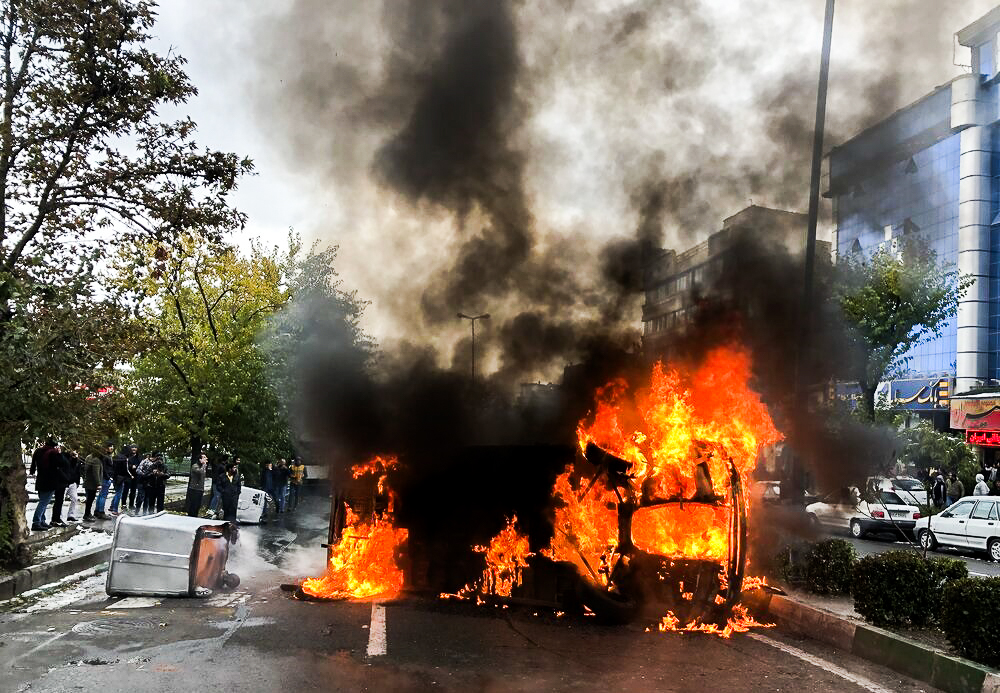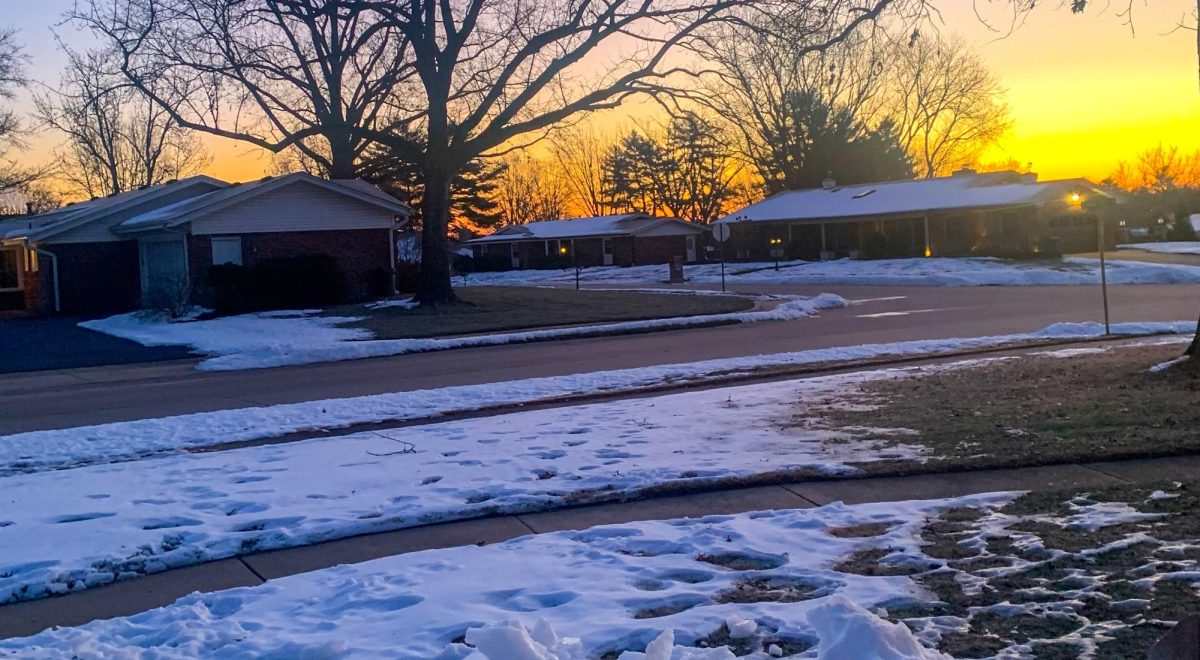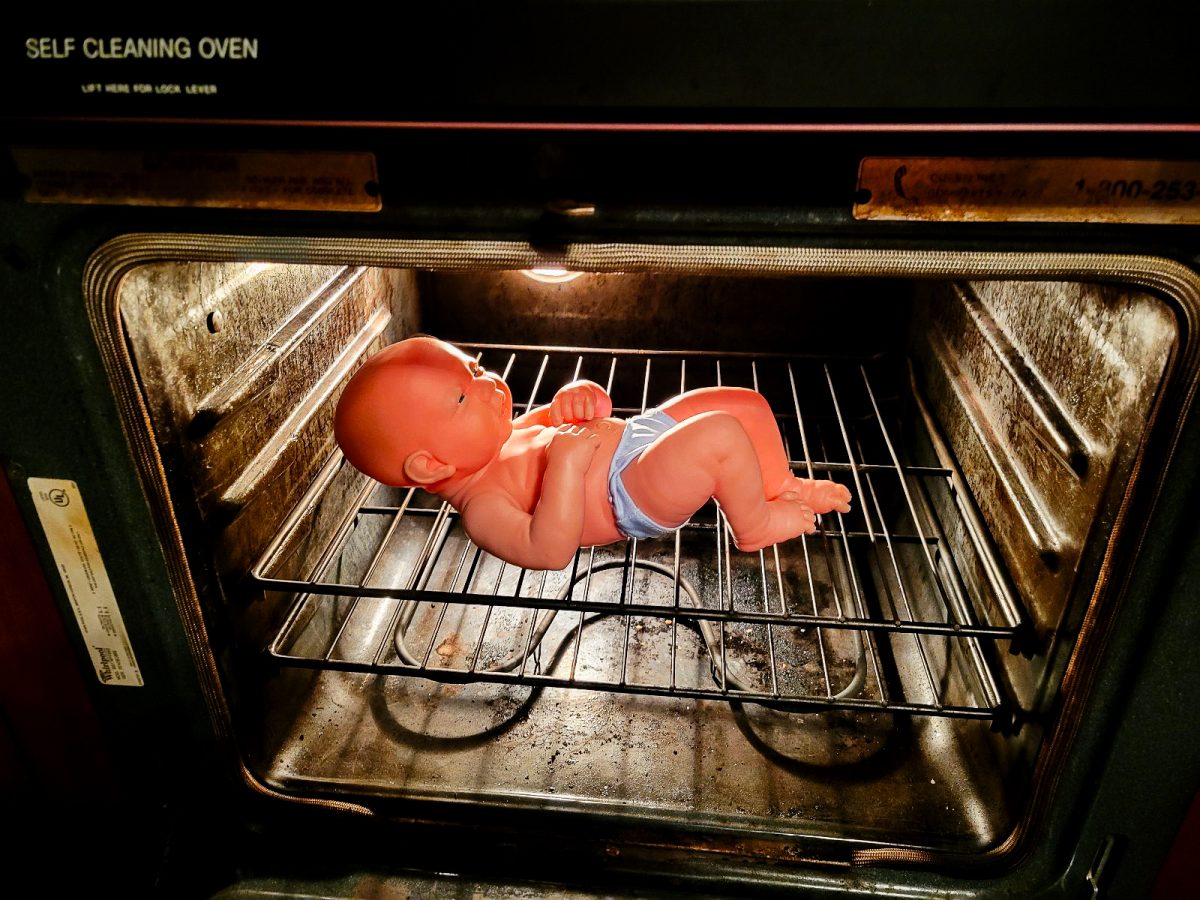Those of us in the free world often forget how good we have it. We begin to tune out the news of other nations’ struggles to get what we have taken for granted, and grow jaded to the distant tragedies.
The Chinese government has been well-known for its multiple attempts at suppressing the advocates of democracy within its borders. Since the infamous Tiananmen Square incident, the PRC (People’s Republic of China) has had a public reputation for suppression. According to a Reuters article about recent arrests in China, the PRC is at it again:
“Hong Kong’s High Court on Tuesday jailed 45 pro-democracy activists for up to 10 years following a national security trial that has damaged the city’s once feisty democracy movement and drawn criticism from the United States and other countries. A total of 47 pro-democracy activists were arrested and charged in 2021 with conspiracy to commit subversion under a Beijing-imposed national security law which carried sentences of up to life in prison.”
Many people see this as a violation of the terms Britain and China agreed to when giving Hong Kong to the Chinese government in 1997. Hong Kong was meant to be a separate government for at least fifty years while still being a part of China. The arrest of so many people over an unofficial primary election–over 600,000 Chinese citizens attended–appears to be a massive overreach from Beijing.
As an ally of China and a regime with a history of silencing dissent, Vladimir Putin’s Russia also made headlines with their case of suppression in February this year. A Reuters article from the day of Navalny’s death states:
“Navalny rose to prominence more than a decade ago by documenting and speaking publicly about what he said was the vast corruption and opulence among the “crooks and thieves” running Putin’s Russia. There are no other opposition leaders in Russia of Navalny’s stature. For some young urban Russians, Navalny had offered hope of an alternative future to Putin, who has served as Russia’s paramount leader longer than anyone since Josef Stalin.”
The sudden death of Navalny, a powerful voice for the Russian opposition, while in a Russian Arctic prison is suspicious, but a previous attempt on his life points to this being another of many political assassinations. Navalny fell ill while on a plane leaving Siberia in 2020, and his plane made an emergency landing where he received medical care. Once he got back to Europe the labs found the Russian nerve agent, Novichok, on his body.
Furthermore, Iran recently had an incident as well. According to an article from AP News about the major protests in Iran in 2022:
“Protests erupted across Iran in 2022 against the dress code following the death of Mahsa Amini, a 22-year-old woman who died in the custody of the morality police after being arrested for allegedly not wearing her headscarf properly. The subsequent violent crackdown by the Iranian regime killed hundreds of people. Since then, many Iranian women have protested by removing their headscarves in public.”
Iran has vehemently denied accusations of killing Amini despite a UN report that states the existence of physical trauma on her body. While Iran claims her death was related to a childhood medical condition she happened to collapse 26 minutes into what they call a “re-education” class. Her death is not even the worst part; the protests afterward had many blatantly oppressive acts and they were not even hidden. The AP article goes on to mention another UN report which states that the “Iranian security forces used shotguns, assault rifles and submachine guns against demonstrators “in situations where there was no imminent threat of death or serious injury” to them, “thereby committing unlawful and extrajudicial killings.”
Iran was not subtle about using violence against protesters and was openly marking or killing those who dissented. Furthermore, there was also extensive sexual violence including “Some of those detained faced sexual violence, including rape, the threat of rape, forced nudity, groping and electrocution of their genitals” according to AP.
The blatant tyranny of these nations is despicable, but it remains worse how little the rest of the world has done to prevent it. Human rights organizations and world superpowers alike simply say how much they dislike the actions of these nations but little is done to help these people who remain oppressed in our modern world. Suppression of dissent has been a historical issue, it remains a present issue, and it will continue to be in the future. To end such tyranny there must be real consequences on the perpetrators. Hopefully, the free world can come together in the future to find a diplomatic solution–as unlikely as that is–or with their combined power and influence, the people of the free world will find a peaceful solution to these regimes possibly through the use of economic sanctions and pressures. As people of free nations, we should remember to appreciate what we have and use our freedoms to help those who are less fortunate.









